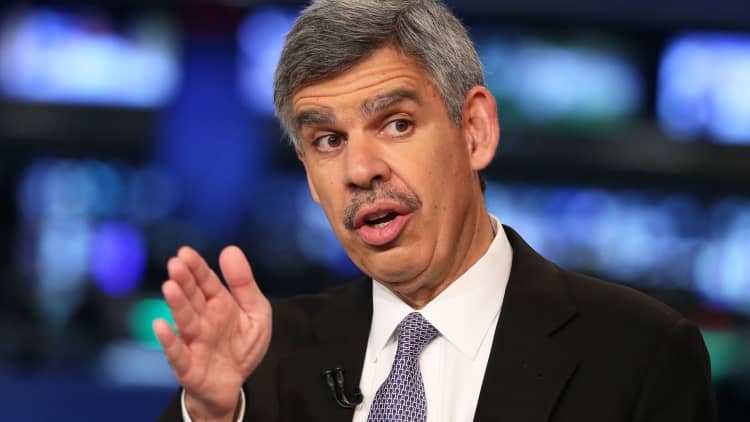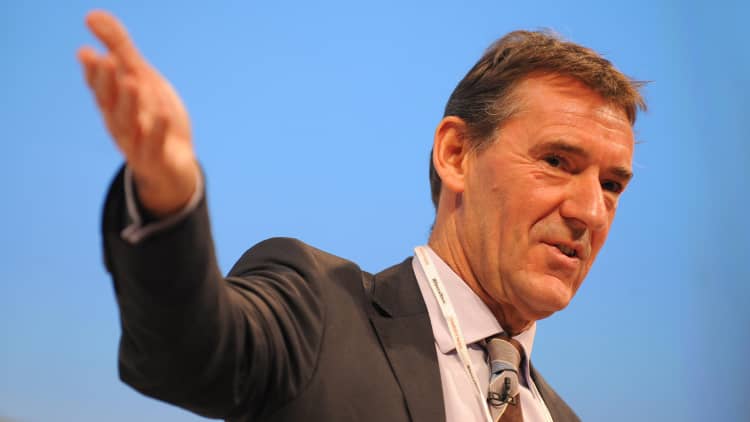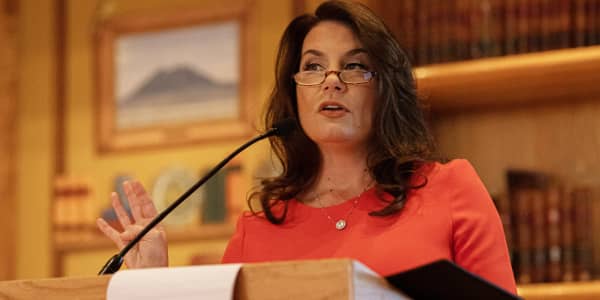The coronavirus pandemic has increased pressure on companies to stop focusing only on maximizing profits and to instead address environmental and social issues, according to the former chairman of Goldman Sachs Asset Management.
In an interview with CNBC, economist Jim O'Neill said the pandemic has highlighted inequalities in the workforce and created an opportunity for governments and companies to address broader social goals.
"People that run really successful businesses have to be thinking about something a bit more than just an outright obsession with maximization of profit and playing their own role in trying to deal with some societal challenges," he said.
O'Neill, who is currently Chair of Chatham House, said companies could be moving into a new era of "stakeholder capitalism," where they must act beyond the interests of their shareholders.
"The whole role of share buybacks and the way that companies so dramatically are focused on managing their balance sheets, for example, I think that could become a bit a thing of the past," O'Neill said.
Investors have been increasingly putting their money into funds and companies that prioritize environmental, social and governance, also known as ESG, issues in recent years. Some say the pandemic is accelerating the sustainable investing trend, with ESG funds receiving record inflows in the first quarter of the year.
Governments that have taken stakes in corporations to keep them afloat during the economic crisis now have a unique opportunity to shape those companies' operations, O'Neill said. Airlines, for example, could be required to commit to reducing carbon emissions in order to receive government loans or investments, he added.
"In the spirit of never letting a crisis go to waste, it definitely gives governments a chance to do that if they want to," he said.
O'Neill, who also served as commercial secretary to the U.K. Treasury, said politicians could find "huge political appeal" among younger voters by requiring companies to emphasize environmental issues.
"At some point it's kind of payback time for younger people, and of course, what is it that younger people seem to care about so much compared to older people it's the environment and climate change," he said.







